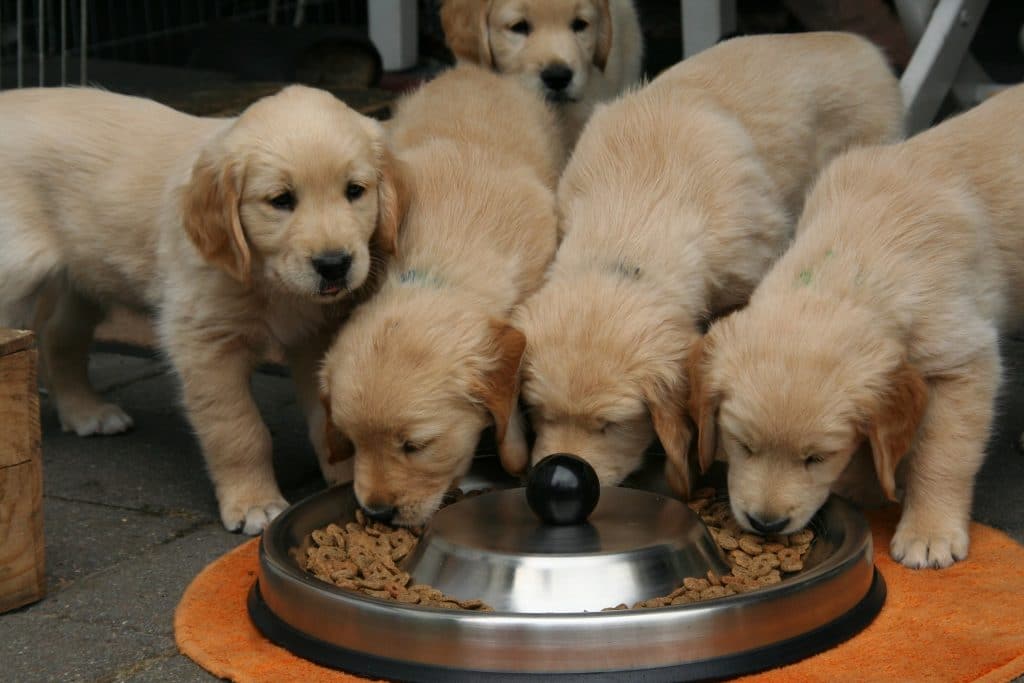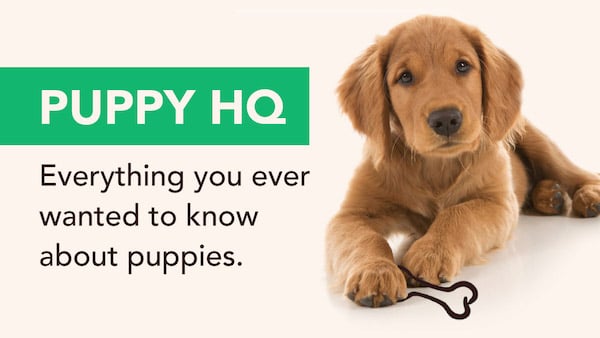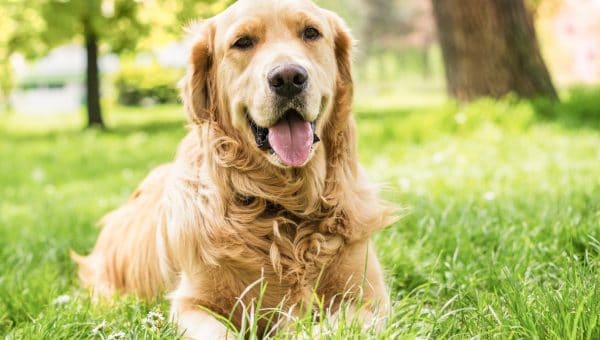- Not a substitute for professional veterinary help.
When you welcome a puppy into your family, you welcome a bundle of energy fueled by food. Puppies need a healthy diet to keep them going as they continuously investigate their surroundings and satisfy their endless curiosity.
They also need food for their gangly bodies to grow into their big ears and paws.
You take the time to investigate and find the perfect food for your puppy. He or she loves it! Then, suddenly doesn’t. Why?
My puppy isn’t eating: common reasons
Your first reaction to your dog refusing food may be worry. Try your best to resist such feelings. There are common reasons perfectly healthy dogs aren’t interested in eating.
Puppies don’t know that hunger feeling
Are you ever so fixated on something you’re doing that you forget to eat? Sometimes puppies keep going and don’t even realize they’re hungry. New surroundings, new discoveries, new everything distracts from the desire to eat.
Ari Aycock-Williams DVM, DACLAM explains, “Even healthy puppies may not always recognize their body’s hunger signals.”
Finicky eaters
Your puppy may not be a fan of the food. Maybe he or she did like it but changed their mind. It might not necessarily be the flavor of the food, but the size of the kibble.
Another factor could be hard and dry food versus soft and wet food.
Your puppy might also be a slow eater. My first dog as an adult was a Papillon named Filbert. He took 30 minutes to eat because he had a ritual.
Filbert would pick out three pellets of food from his bowl, carry them across the room, drop the pellets on the floor, and then chew each one at a time. He repeated this process until his food bowl was empty. Good thing he only weighed seven pounds and had a tiny bowl!
Puppy stress
Change in a pup’s life can bring on stress, which can cause loss of appetite. Any change can trigger anxiety in dogs. Here are a few possibilities.
- Is your puppy still adjusting to your home? New environments require a period of adjustment for all dogs. It’s important to be patient and loving as your puppy gets used to his or her new surroundings.
- Is there another pet in the house that’s causing a distressing dynamic? Perhaps your puppy is intimidated by your cat or another dog.
- Is there a recent change in your family’s routine? Maybe you took some time off to potty train your puppy and now you’re back to work. Or you simply rearranged the furniture.
Health conditions
It is possible that the underlying cause of your puppy’s loss of appetite is due to a health issue. Dr. Aycock-Williams says, “Infrequently, puppies may have a health condition like gastrointestinal parasites or a congenital problem that will decrease their appetite or prevent them from eating large amounts of food.”
Tips for motivating your puppy to eat
Dr. Aycock-Williams offers a variety of ways to get your puppy to chow down.
- Let your puppy sample a variety of puppy foods to see what he or she prefers. Try canned and dry, different brands, and different protein sources to find what wins over your puppy’s taste buds.
- Make feeding time exciting. Announce, “Okay, time to eat! Yummy!”
- Use positive reinforcement. Give your puppy praise and affection and then put down their food in front of their nose.
- Moisten the kibble. Add water or bone or chicken broth to make it more appetizing. You can also heat the puppy food in the microwave to bring out the aromas.
- Mix dry food with wet food. Some dogs need a “just right” consistency.
- Remove food and try again later. If your puppy doesn’t eat after two minutes of the food being placed in front of him or her, remove it. Try again with fresh food in an hour.
- Play or walk, then eat. Exercise might increase your puppy’s appetite. Try giving a small meal afterward.
- Leave your dog alone to eat if you suspect the resistance to food is a behavioral issue.
- Command him or her to eat as you point at the bowl and watch your puppy. This is an alternate option for a suspected behavioral issue.
- Limit the amount of treats and eliminate people food or table scraps. Your puppy will soon realize that their dog food is the only meal they get.
- Watch them eat or be in the same room as they eat. Some puppies have separation anxiety and need you to be with them at mealtime.
- Entice puppies with baby food or hand feeding. It just might increase their interest in the meal.
Puppy isn’t eating? When to be concerned
Is your puppy is losing weight?
Dr. Aycock-Williams advises that if your puppy’s ribs and vertebrae are more prominent than before and your puppy is not growing like he or she should be, then it’s time to consult your veterinarian. She explains that there are medications, which your veterinarian can prescribe, to stimulate the appetite.
Other signs to watch for include:
- Lethargy
- Diarrhea
- Regurgitation
- Vomiting
These could be signs of a health problem. Make an appointment with your veterinarian to diagnose the cause and get your puppy well.





